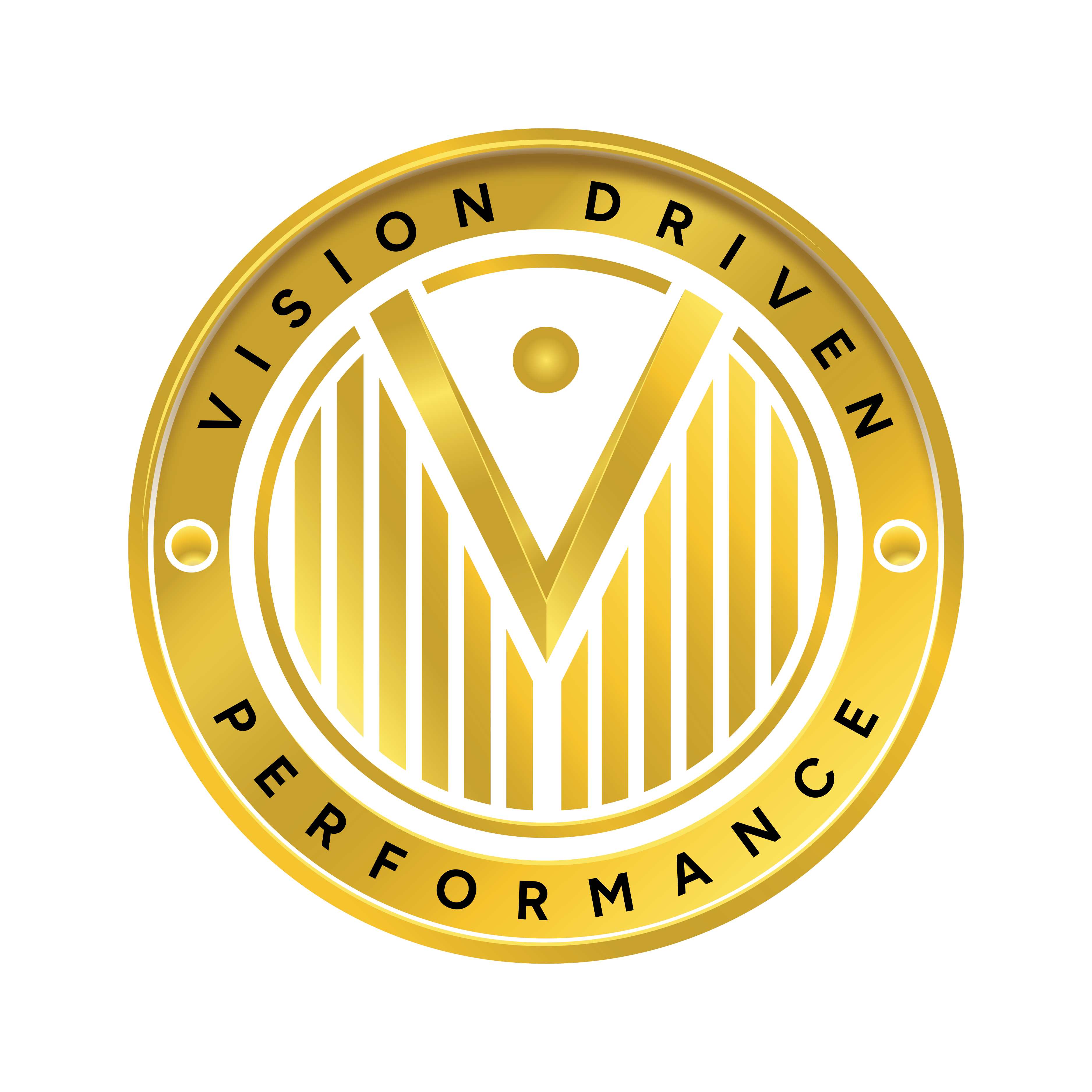The three phases of the business process typically include…
- Planning Phase
- The planning phase is the initial stage of the business process where objectives, strategies, and action plans are developed. Key activities in this phase include…
- Setting goals and defining objectives – Establishing clear and measurable targets that the business aims to achieve.
- Conducting market research – Analyzing market trends, customer needs, and competitive landscape to inform business decisions.
- Developing strategic plans – Creating a roadmap outlining how the business will achieve its goals, including marketing, operations, and financial strategies.
- Allocating resources – Determining the financial, human, and other resources required to implement the strategic plans effectively.
- Creating budgets and forecasts – Estimating revenues, expenses, and cash flows to ensure financial viability and sustainability.
- The planning phase is the initial stage of the business process where objectives, strategies, and action plans are developed. Key activities in this phase include…
- Execution Phase
- The execution phase is where the plans developed in the planning phase are put into action. Key activities in this phase include…
- Implementing strategies – Taking concrete steps to execute the strategic plans outlined in the planning phase, including launching products or services, implementing marketing campaigns, and optimizing operations.
- Monitoring progress – Tracking performance against goals and objectives, monitoring key performance indicators (KPIs), and making adjustments as needed to stay on track.
- Managing resources – Allocating resources effectively, managing budgets, and ensuring that personnel are trained and equipped to carry out their roles and responsibilities.
- Handling day-to-day operations – Overseeing the routine activities of the business, addressing issues as they arise, and ensuring that operations run smoothly and efficiently.
- The execution phase is where the plans developed in the planning phase are put into action. Key activities in this phase include…
- Evaluation Phase
- The evaluation phase is where the performance of the business is assessed, and lessons learned are used to inform future decision-making. Key activities in this phase include…
- Analyzing results – Review performance metrics, financial statements, and other data to evaluate the effectiveness of the strategies implemented during the execution phase.
- Identifying strengths and weaknesses – Assessing what went well and areas for improvement, including identifying any gaps between planned and actual performance.
- Learning from experience – Extracting insights from successes and failures, understanding the reasons behind outcomes, and using this knowledge to refine strategies and approaches for future initiatives.
- Adjusting plans – Updating strategic plans, budgets, and forecasts based on the findings of the evaluation phase, incorporating lessons learned, and adjusting objectives and strategies as needed to adapt to changing circumstances.
- The evaluation phase is where the performance of the business is assessed, and lessons learned are used to inform future decision-making. Key activities in this phase include…
These three phases – planning, execution, and evaluation – form a cyclical process that businesses use to drive growth, achieve objectives, and continuously improve performance over time.




